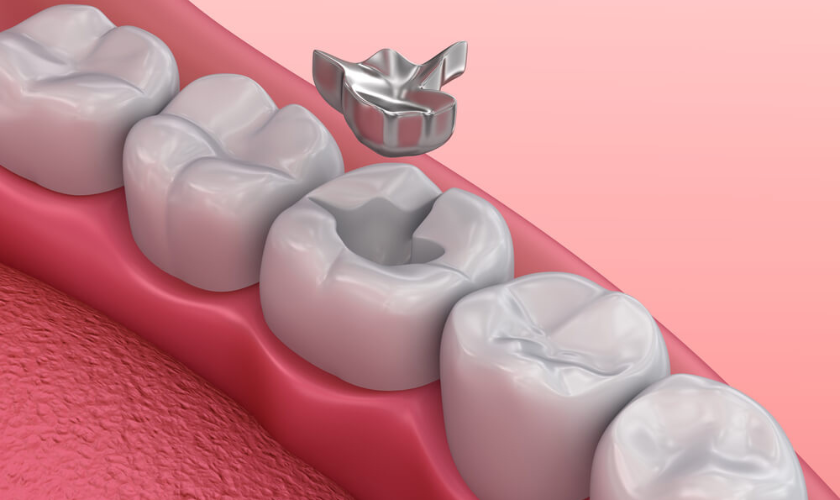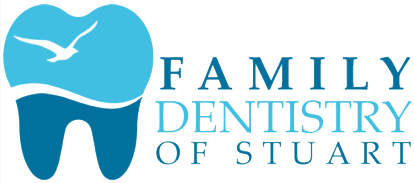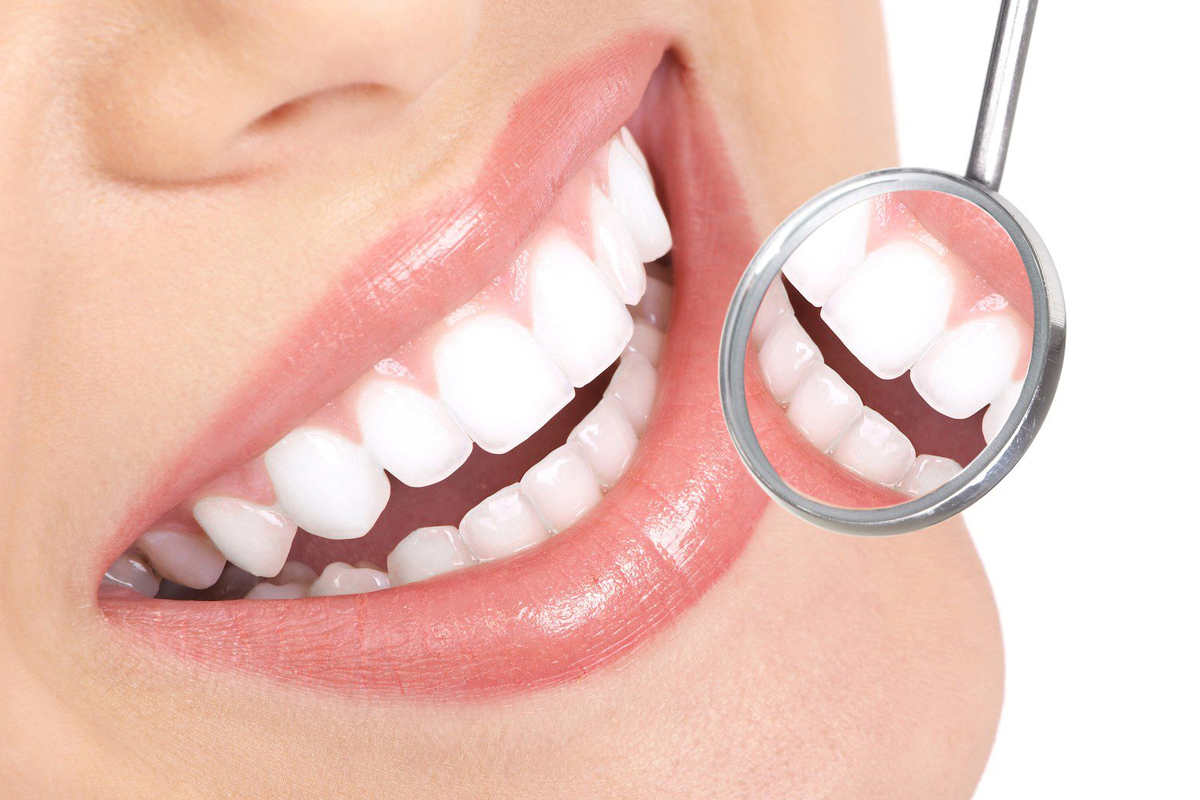5761 SE Federal Hwy, Stuart, FL 34997
How to Ease Discomfort from a Lost Filling or Crown Before Your Dentist Visit

The unexpected loss of a filling or crown can be a jolting experience, disrupting your daily routine and causing both physical discomfort and mental unease. That sudden twinge or persistent ache can be disconcerting, especially when you’re unsure of how to handle it before seeing a professional.
However, there’s no need to panic; in the following guide, we will delve into comprehensive strategies to not only alleviate the pain but also effectively manage the situation when faced with a lost filling or crown.
Understanding the Issue
When a filling or crown becomes dislodged, it exposes the inner layers of your tooth, making it susceptible to heightened sensitivity, discomfort, and an increased risk of bacterial intrusion.
Understanding the implications of this exposure is crucial to managing the situation effectively. The inner workings of a tooth are sensitive, and without the protective covering of a filling or dental crown, it becomes vulnerable to external elements.
Immediate Steps to Take
In the immediate aftermath of losing a filling or crown, time is of the essence. Begin by rinsing your mouth gently with warm saltwater. The sponge serves a dual purpose: it helps to clean the affected area, removes any debris, and can also provide some relief from the discomfort.
Additionally, to prevent further damage and minimize pain, avoid chewing on the side of the mouth with the lost filling or crown.
Over-the-Counter Remedies
For a temporary fix until professional assistance is available, over-the-counter dental filling kits are invaluable. These kits typically contain dental cement or similar materials that can be easily applied to cover the exposed area.
While not a permanent solution, they can provide sufficient coverage until you can secure a professional consultation.
Utilizing Home Remedies
Natural remedies can also play a role in alleviating discomfort. Clove oil and vanilla extract, known for their natural numbing properties, can be particularly effective. Applying a small amount of clove oil directly to the affected area or using a cotton ball soaked in vanilla extract can provide a soothing effect, mitigating the pain associated with the exposed tooth.
Avoiding Certain Foods
Once a filling or crown is lost, the exposed tooth becomes more sensitive. To prevent pain, it’s advisable to steer out of extremely hot, cold, or sugary foods and drinks. These items can trigger heightened sensitivity and intensify discomfort in the exposed tooth.
Using Temporary Solutions
If you find yourself without access to a dental filling kit, simple household items can serve as makeshift solutions. Sugar-free gum or dental wax can be molded to cover the exposed area temporarily. While not a long-term fix, they provide a barrier that shields the tooth, preventing further discomfort until professional help is available.
Understanding Potential Complications
Ignoring a lost filling or crown can have serious consequences. Complications such as infections or additional damage to the tooth structure can arise if the issue needs to be promptly addressed. Recognizing the significance of immediate action is vital to preventing these potentially severe complications.
Managing Discomfort with Pain Relief
Over-the-counter pain relievers such as ibuprofen or acetaminophen can be effective in managing discomfort. These medications work to alleviate both pain and inflammation, providing temporary relief until you can visit your dentist for a proper evaluation and treatment plan.
Seeking Professional Help
While temporary measures can offer relief, scheduling an appointment with your dentist is non-negotiable. Dental professionals possess the expertise to assess the situation accurately and provide appropriate treatment to prevent further complications. From determining the extent of the damage to formulating a comprehensive plan for restoration, seeking professional dental care is essential for a lasting solution.
Dealing with a lost filling or crown can be distressing, but knowledge and swift action can significantly alleviate discomfort. Remember, these are temporary measures, and seeking professional dental care is essential. Feel free to contact your dentist for guidance and personalized treatment tailored to your specific needs.
Contact us now to schedule an appointment and receive specialized care for your dental concerns. Your oral health is our priority, and we’re here to help you through any dental emergencies or concerns you may have.



